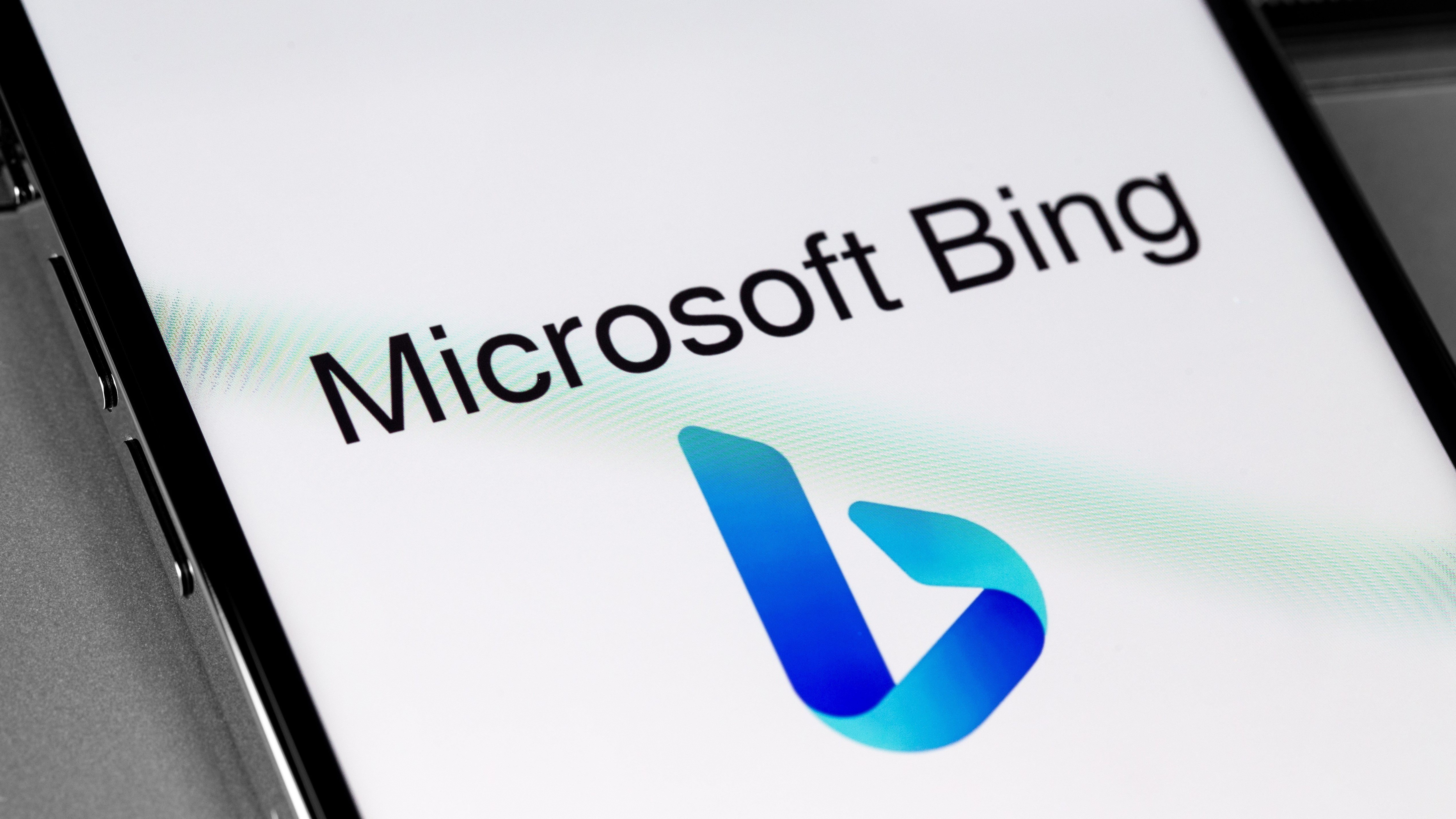
Microsoft has come up with a solution nobody asked for - providing an easy way for companies to begin advertising on the new AI-powered Bing.
The updated Bing search engine runs on OpenAI’s ChatGPT, an AI chatbot that has flooded the current miasma of online discourse. With its new chat API, businesses will be able to monetize Bing AI chat and place curated advertisements in users' chat windows.
In the official blog post from Microsoft, the company goes into detail as to why these new measures have been put in place to allow advertisers to utilize their platform: “Microsoft is in a unique position to explore how to integrate advertising into the chat flow in a way that’s helpful and natural”.
The new API will give publishers, app developers, and online businesses the option to choose ad formats that suit their audience in a way that “feels natural to their native experience”.
The post also adds that the chat API can be used on platforms outside of Microsoft - so we might soon be seeing ads pop up in ChatGPT itself, or smaller bots like HuggingChat. Microsoft says it is committed to "empowering everyone to thrive in this new era of search" but as an end user myself, it’s not exactly inspiring news.
How free is free?
Yes, no service that claims to be free is ever actually free. We all pay in ads and our data, but moving so quickly to monetization when the new Bing AI launched just this February is still pretty speedy. As it stands, Microsoft’s new-and-improved Bing now has 100 million daily active users and has powered half a billion chats so far. According to Search Engine Land, Microsoft is slowly slipping ads into users' chats so as to not be too disruptive.
The company is currently introducing hotel ads, and will likely move to travel and real estate. Kya Sainsbury-Carter, Microsoft's VP Global Partner and author of the aforementioned blog post, explains that “integrating ads into chat and into the conversation flow when you’re specifically asking about these things are pretty powerful.”
She notes that the company is keeping the scale and novelty of the technology in mind, stating that “we are paying close attention to overall optimization in ads experience … ensure we’re showing the right, relevant ads relative to this much deeper context that we are able to gain through conversational mode.”
Microsoft is in a unique position to explore how to integrate advertising into the chat flow in a way that’s helpful and natural.
Kya Sainsbury-Carter, the VP at Microsof
From that, we can kind of make out what to expect from the new ad integration. As we mentioned the drip-feed of hotel and travel ads, I imagine that if you’re using Bing to plan your next holiday, and you start querying about accommodation the ads - however they’ll appear - will change accordingly.
It may be helpful, but also a little creepy. Nobody likes targeted ads, even if we accept them as a part of modern life, but actively monitoring our conversations - even ones we're having with chatbots - in order to better sell us stuff feels even worse than usual.
Overall, the move to monetization is not unexpected but still disappointing. It feels like the final nail that cements these bots as the new normal, since so many of the digital tools we use day-to-day are ad-based. This almost makes Bing, ChatGPT, and Google Bard feel a lot more… normal.
After all, the arrival of targeted ads surely means they’ve just become the same as any old software or app we use on a daily basis, be that plain old Google Search or our social media platform of choice. Nothing ominous to see here, surely. Right?







